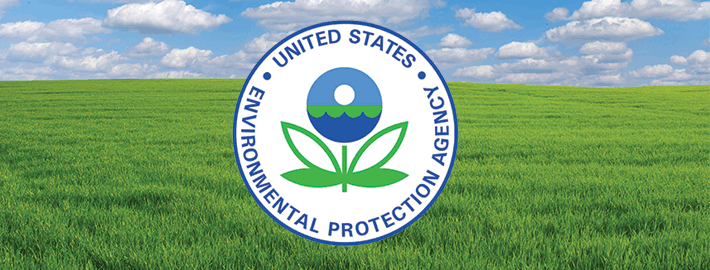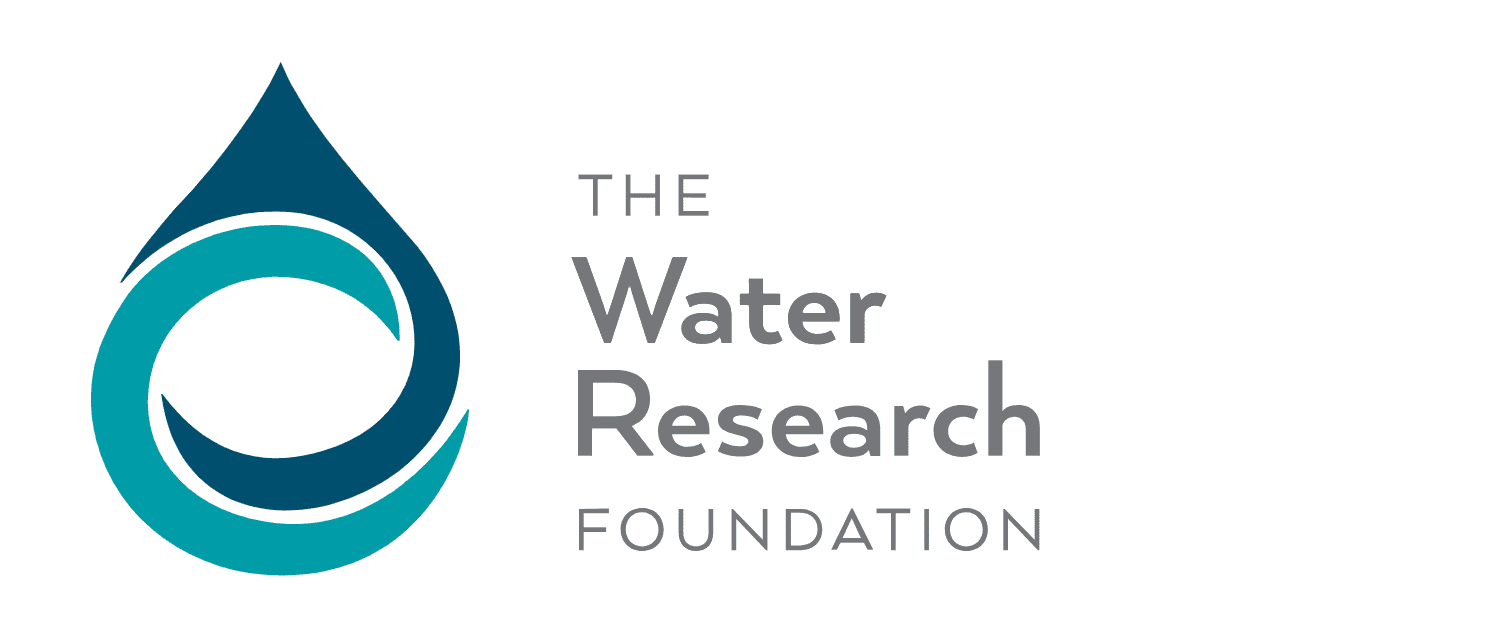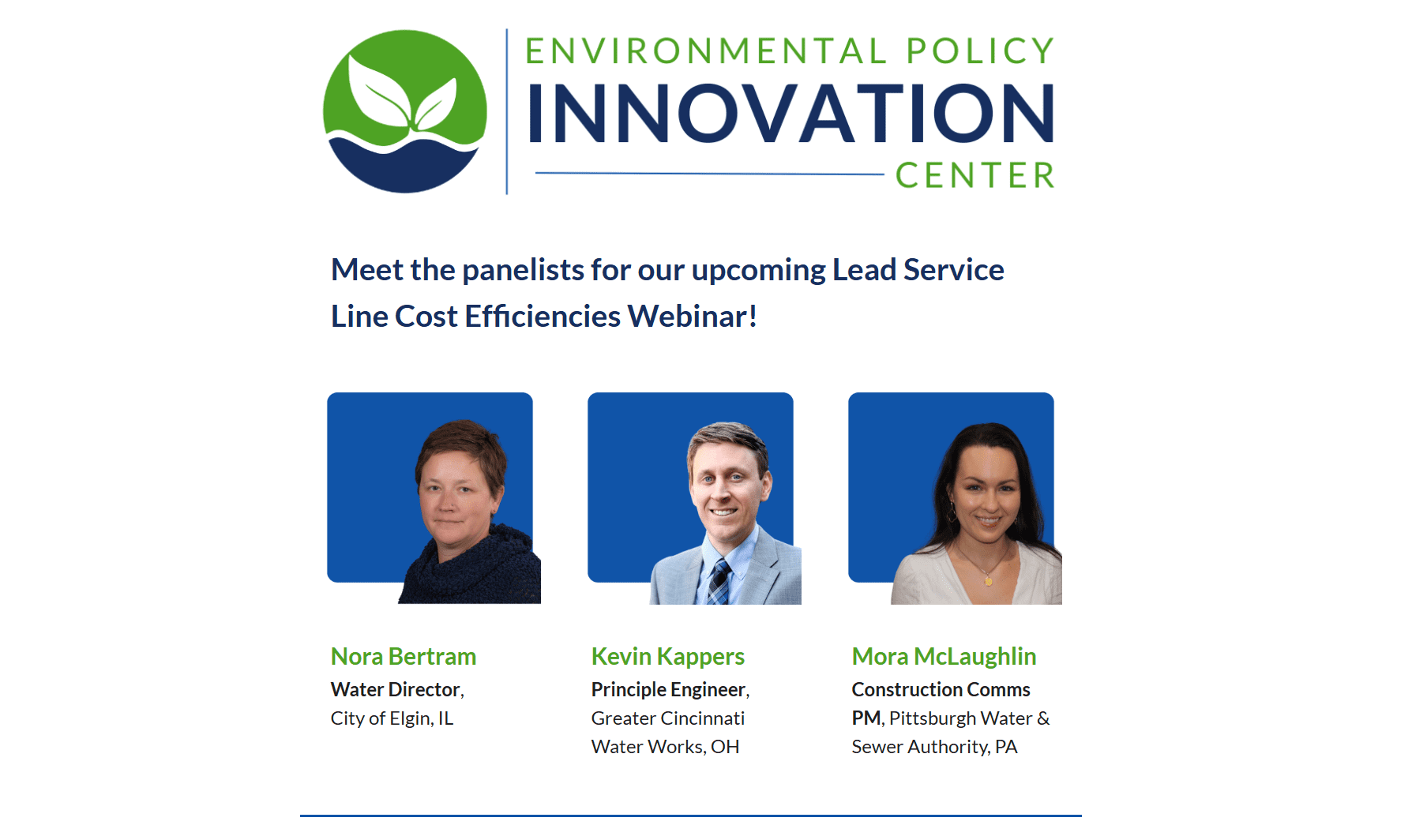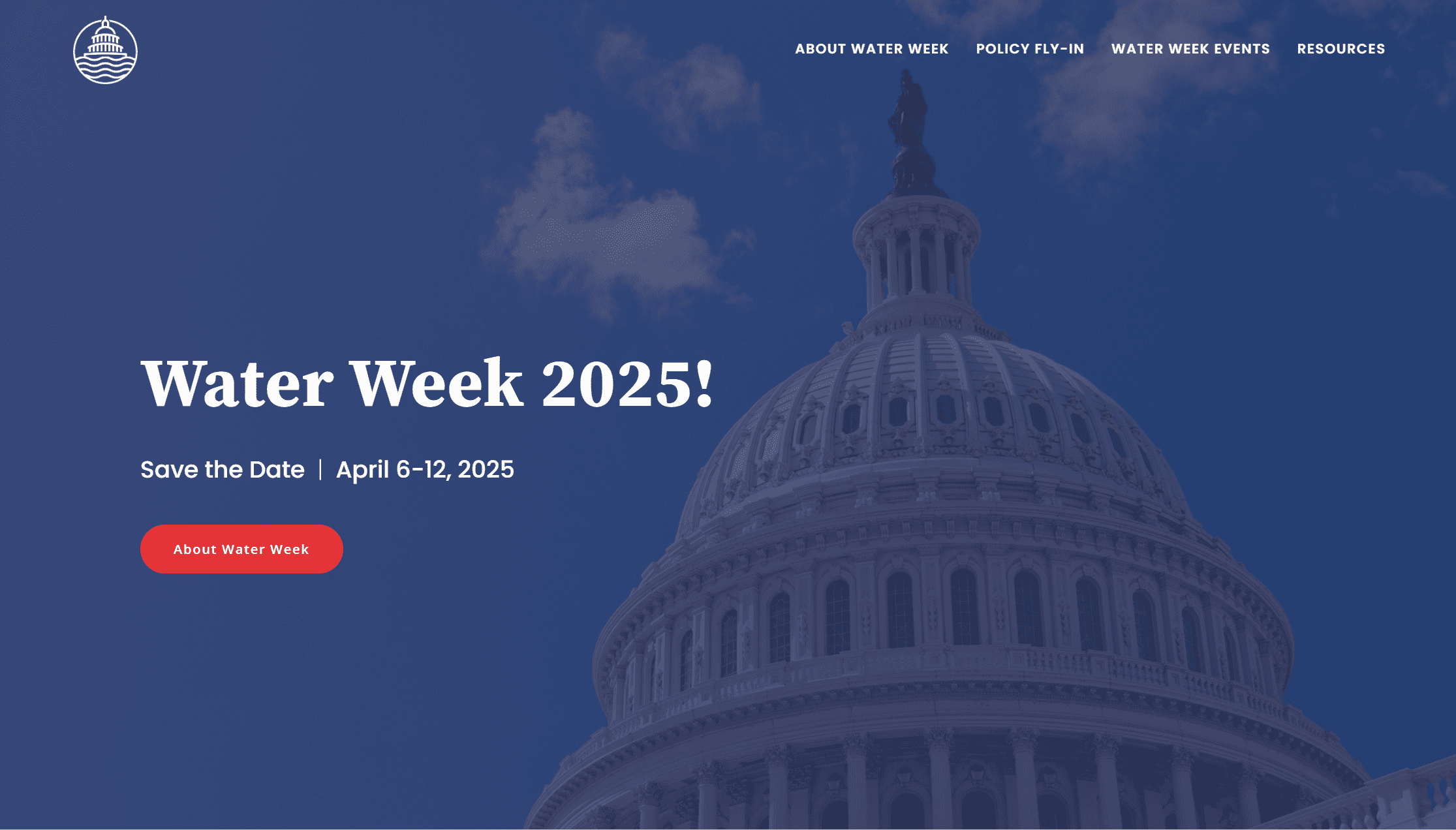
Creating & Maintaining Drinking Water Data Webinar
VirtualDon't miss out on this opportunity to deepen your understanding of critical drinking water datasets and the transformative possibilities they present.

Don't miss out on this opportunity to deepen your understanding of critical drinking water datasets and the transformative possibilities they present.

This presentation will focus on a biological nitrate treatment pilot study conducted at a water treatment plant.

EPA recently released a national geospatial dataset of community water system service areas.

This presentation will discuss EPA’s emergency response efforts to the Maui wildfires and ongoing research to further understand contamination of water infrastructure. Research topics include uptake and release of contaminants in hot and cold pipes commonly used in premise plumbing and the effects of hot gasses and smoke on drinking water pipes.

In this webcast, presenters will share key findings from the study, offering practical recommendations for monitoring and managing L. pneumophila in public water systems.

This is a national webinar focusing on cost efficiency opportunities for lead service line replacement (LSLR) activities.

Over the past several years in EPA Region 6, splash pads connected to disinfected drinking water have been at risk of contamination. Presenters will discuss their investigation into this issue, identify best management practices, and provide risk mitigation tools for prevention and detection of various waterborne disease outbreaks.

This special extended webinar event includes talks given at the 21st Annual EPA Drinking Water Workshop on September 17-19, 2024.

During an incident that disrupts the availability of drinking water on a large-scale or regional basis, clarity in the roles and responsibilities of those involved with locating, securing, and delivering an emergency drinking water supply (EDWS) will be critical.

When community infrastructure is damaged from storms, contaminated floodwaters can become a problem. It is important for emergency responders to understand how water systems can be decontaminated and returned to service so that communities can begin to recover.

Water professionals from across the nation are gearing up to gather in Washington, DC for Water Week 2025, taking place from April 6 – 12. The week will feature a comprehensive schedule of in-person events and meetings, including important sessions on Capitol Hill.

We asked: what Tribal drinking water data is publicly-available, how is it collected, how is it published, and what are the implications for Tribal data?